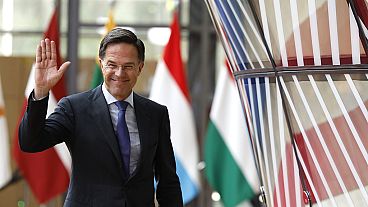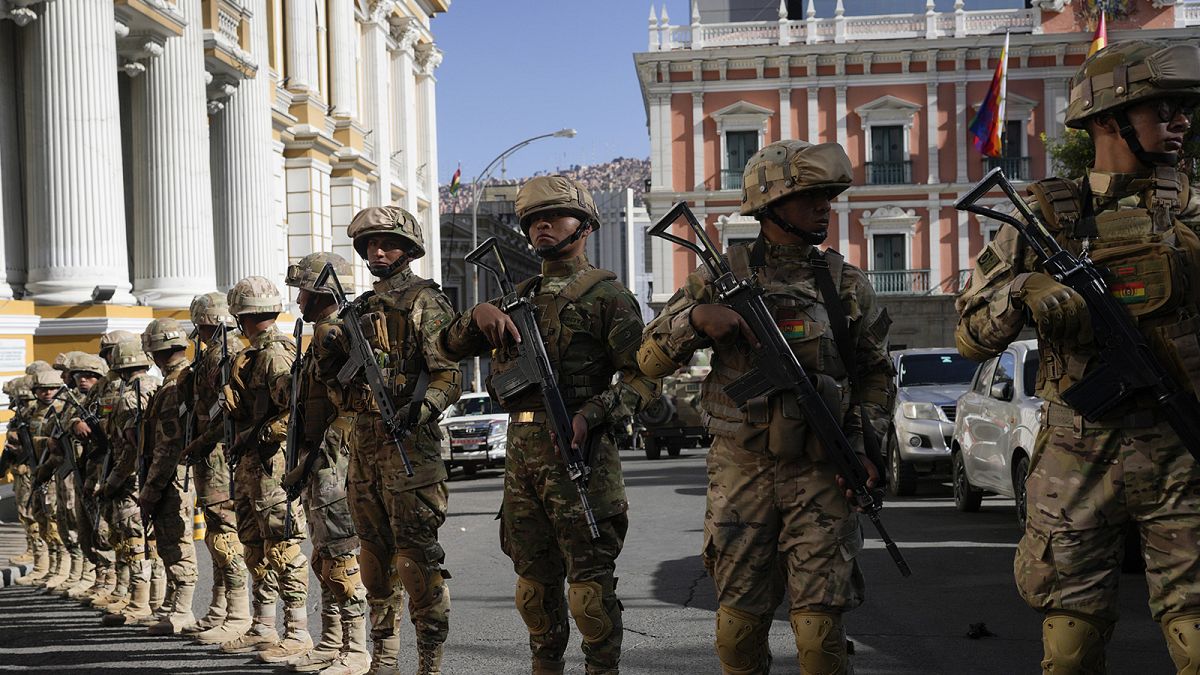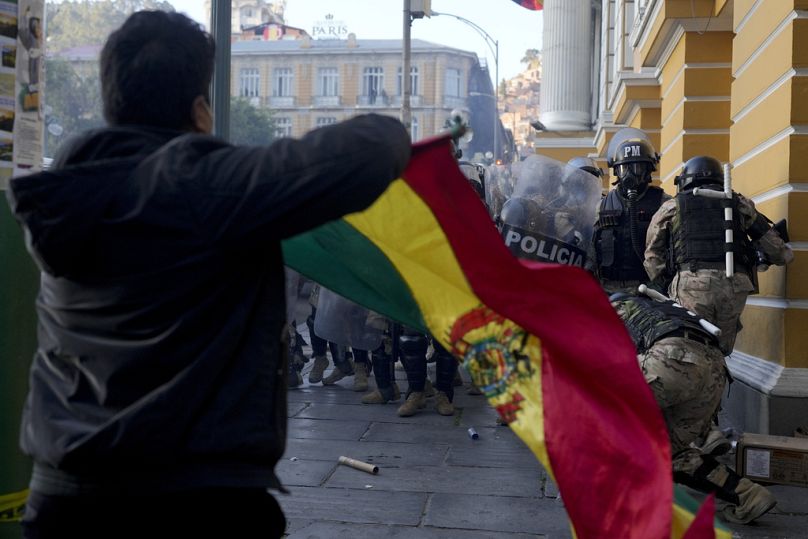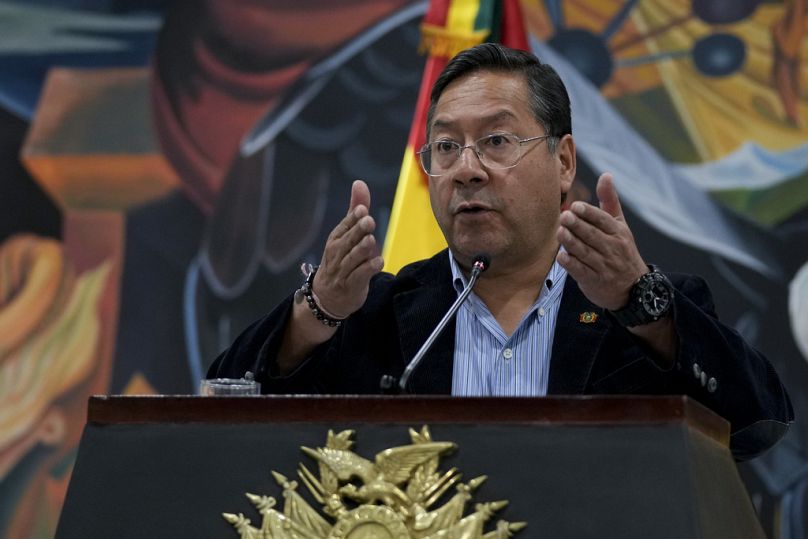Following a failed coup attempt, Bolivian President Luis Arce slammed the accusations that he orchestrated it himself, stating that the general who led the push to oust him acted independently.
In the aftermath of the failed coup attempt, Bolivian President Luis Arce angrily called accusations that he was behind it “lies”.
Arce said on Thursday that the general who apparently led the attempt acted on his own and vowed that he would face justice.
These were Arce’s first comments since Wednesday's events.
The general behind the coup, Juan José Zuniga, alleged without providing evidence that the president had ordered him to carry out the mutiny to gain popularity.
As a result, this fueled speculation about what really happened.
The government announced the arrest of 17 people, most of them military officers. Opposition senators and government critics joined the chorus of doubters, calling the mutiny a “self-coup”.
Some Bolivians said they believed Zuniga’s allegations: “They are toying with the intelligence of the Bolivian people because nobody believes that it was a real coup,” said 48-year-old lawyer Evaristo Mamani.
“I am not a politician who is going to win popularity through the blood of the people,” Arce said on Thursday.
Meanwhile, Arce's supporters rallied outside the presidential palace, giving the embattled leader some political breathing room as authorities made more arrests.
Another shock for already troubled nation
The South American nation of 12 million watched in shock and bewilderment Wednesday as military forces appeared to turn on Arce, seizing control of the capital’s main square with armoured vehicles, repeatedly crashing a small tank into the presidential palace, and unleashing tear gas on protesters.
Senior cabinet member Eduardo del Castillo said one civilian among those arrested, identified as Anibal Aguilar Gomez, was a key “ideologue” of the thwarted coup.
Arce is locked in a deepening rivalry with popular former President Evo Morales, his former ally who has threatened to challenge him in 2025.
The short-lived mutiny followed months of mounting tensions between Arce and Morales, Bolivia's first Indigenous president. Morales has staged a dramatic political comeback since mass protests and a deadly crackdown prompted him to resign and flee in 2019 — a military-backed ouster that his supporters decry as a coup.
Morales has vowed to run against Arce in 2025, a prospect that has rattled Arce, whose popularity has plunged as the country’s foreign currency reserves dwindle, its natural gas exports plummet, and its currency peg to the US dollar collapses.
Some analysts say the eruption of public support for Arce provides him with a reprieve from the country’s economic predicament and political turmoil.
“The president’s management has been very bad, there are no dollars, there is no petrol. Yesterday’s military move is going to help his image a bit, but it’s no solution,” says La Paz-based political analyst Paul Coca.
No political support for coup
Soon after Wednesday's military manoeuvre began, it became clear that any attempted takeover would not have meaningful political support.
The rebellion passed bloodlessly in one day. The world watched as Arce argued strongly with Zuniga and his men face-to-face in the plaza outside the palace before returning inside to name a new army commander.
“What we saw is extremely unusual for coup d'etats in Latin America, and it raises red flags,” said Diego von Vacano, an expert in Bolivian politics at Texas A&M University and former informal adviser to President Arce. “Arce looked like a victim yesterday and a hero today, defending democracy."
Speaking in Paraguay on Thursday, US deputy secretary of state for management, Rich Verma, condemned Zúñiga, saying that “democracy remains fragile in our hemisphere.”
Pro-democracy advocates in the country have already expressed doubt that any government-led investigation can be trusted.
“Judicial independence is basically zero, the credibility of the judiciary is on the floor," said Juan Pappier, deputy director of the Americas at Human Rights Watch. “Not only do we not know today what happened, we probably will never know.”














